
On October 3rd, 2024, Human Concern International (HCI) hosted a webinar titled “Humanitarian Healthcare in Gaza: Insights from the Ground.” Featuring Dr. Ben Thomson, Dr. Yasser Khan, and HCI’s Director of Programs, Iftikhar Ahmed, the session highlighted the severe healthcare crisis in Gaza, detailing both the challenges and ongoing humanitarian efforts. Watch the full webinar here.
This event was the first in a series aimed at raising awareness of critical global issues and HCI’s work. By sharing real stories from the field, HCI hopes to inspire community engagement and educate donors about the harsh realities of humanitarian crises.
Dr. Ben Thomson, a Toronto-based nephrologist and public health advocate, has dedicated over a decade to humanitarian healthcare in Gaza. His commitment has led him to work on initiatives like EmpowerGaza, which provide essential healthcare under dire conditions.
During his visit in March 2024, Dr. Thomson shared harrowing stories of patients, including an 18-month-old girl likely suffering from blood cancer. Due to the destruction of diagnostic tools, they were unable to confirm her diagnosis. “In Canada, I would have ordered an MRI or a CAT scan, but in Gaza, all three MRI scanners and four of five CT scanners had been destroyed,” he explained. The only remaining CT scanner was nonfunctional, awaiting a part that required Israeli permission to enter Gaza, which had not been granted. “Of over 25,000 requests for medical evacuation from Gaza, only about 4,850 people were able to leave,” he noted, emphasizing the hopelessness of the situation.
Dr. Thomson also described the loss of key medical professionals due to conflict, which threatens Gaza’s healthcare future. “The head of nephrology, the head of obstetrics, and the head of internal medicine have all been killed,” he lamented. He reported a severe shortage of medications, stating that while Gaza was missing 30-40% of essential medications before the war, that number has now increased to 60%.
Reflecting on the emotional toll, he said, “I should preface by saying I have a three-year-old daughter, so when I see children killed, it’s very personal.” He praised the resilience of Gaza’s healthcare workers, calling them “absolute heroes” who continue to serve despite their losses.
“Every healthcare provider who has been to Gaza will tell you the same thing: this is a genocide,” he asserted, highlighting the deliberate targeting of Gaza’s healthcare system.
Learn more about Dr. Thomson https://benthomson.org
Dr. Yasser Khan, an ophthalmic surgeon, described his experiences treating pediatric trauma cases, including a six-year-old girl whose eye was destroyed by shrapnel. “She was severely malnourished,” he recalled, emphasizing the disproportionate impact of the conflict on children.
Dr. Khan noted the deteriorating conditions in Gaza since his last visit, with growing shortages of medical supplies and increasing restrictions on medical teams. “By March, there wasn’t much left,” he said, highlighting the emotional strain on healthcare workers, many of whom were burnt out from dealing with their own trauma.
“The violence is getting worse every day,” he warned, urging Canadians to stay engaged and prioritize their mental health. “This is a long struggle,” he stated, emphasizing that staying healthy was crucial for effective advocacy.
Read about Dr. Yasser Khan’s experience in Gaza in the Globe and Mail
Iftikhar Ahmed, HCI’s Director of Programs, provided an update on the organization’s efforts in Gaza, noting that HCI has been active in the region for over 20 years. Following the escalation of conflict on October 7, 2023, HCI quickly mobilized resources for emergency relief, deploying 11 trucks of supplies into Gaza despite severe access challenges.
Iftikhar also highlighted HCI’s focus on sustainable development, including the rehabilitation of hospitals and water systems. A notable initiative is HCI’s scholarship program for 361 medical students at the Islamic University of Gaza, aimed at ensuring the future of Gaza’s healthcare system.
In addition, HCI supports Palestinian children evacuated to Egypt and Turkey, providing essential assistance. Iftikhar emphasized the need for a collaborative approach in rebuilding Gaza and called on the audience to advocate for the region, pushing for a ceasefire and safe humanitarian corridors.
“While the physical destruction is devastating, the humanitarian work being done now will help lay the foundation for rebuilding in the long term,” she concluded.
Discover the full scope of our humanitarian efforts in Gaza by reading our newly released 2024 Gaza Impact Report.
As the webinar concluded, all speakers reiterated the need for sustained advocacy, support, and action from the global community. Dr. Thomson and Dr. Khan encouraged Canadians to keep Gaza in their hearts and minds, using their voices to call for change and support for humanitarian efforts.
For those looking to get involved, there are many ways to contribute. From donating to volunteering with HCI, every effort helps to alleviate the suffering in Gaza. Additionally, HCI urged participants to use their platforms to advocate for a ceasefire, humanitarian access, and long-term solutions that address the root causes of the crisis.
Human Concern International remains committed to providing lifesaving assistance to Gaza and working toward a future where sustainable, resilient healthcare is a reality for all.
To learn more about HCI’s work in Gaza or to get involved, visit Human Concern International’s website.
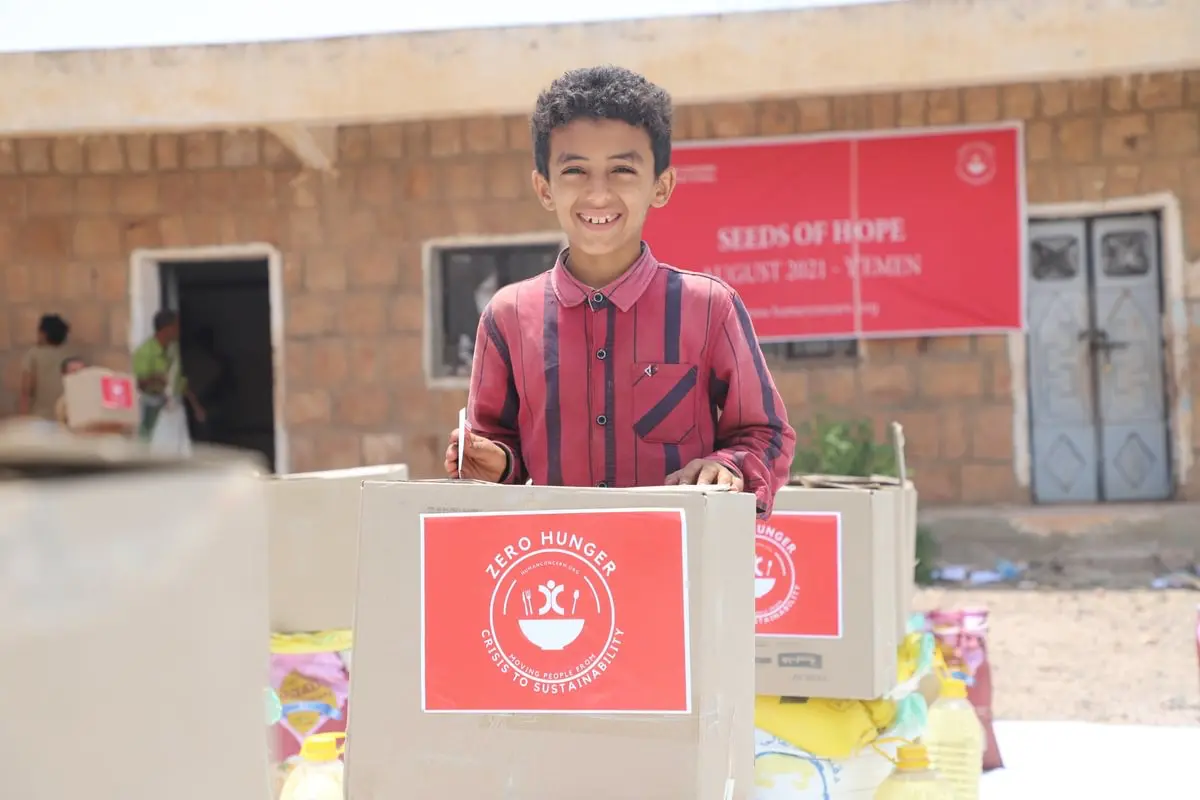
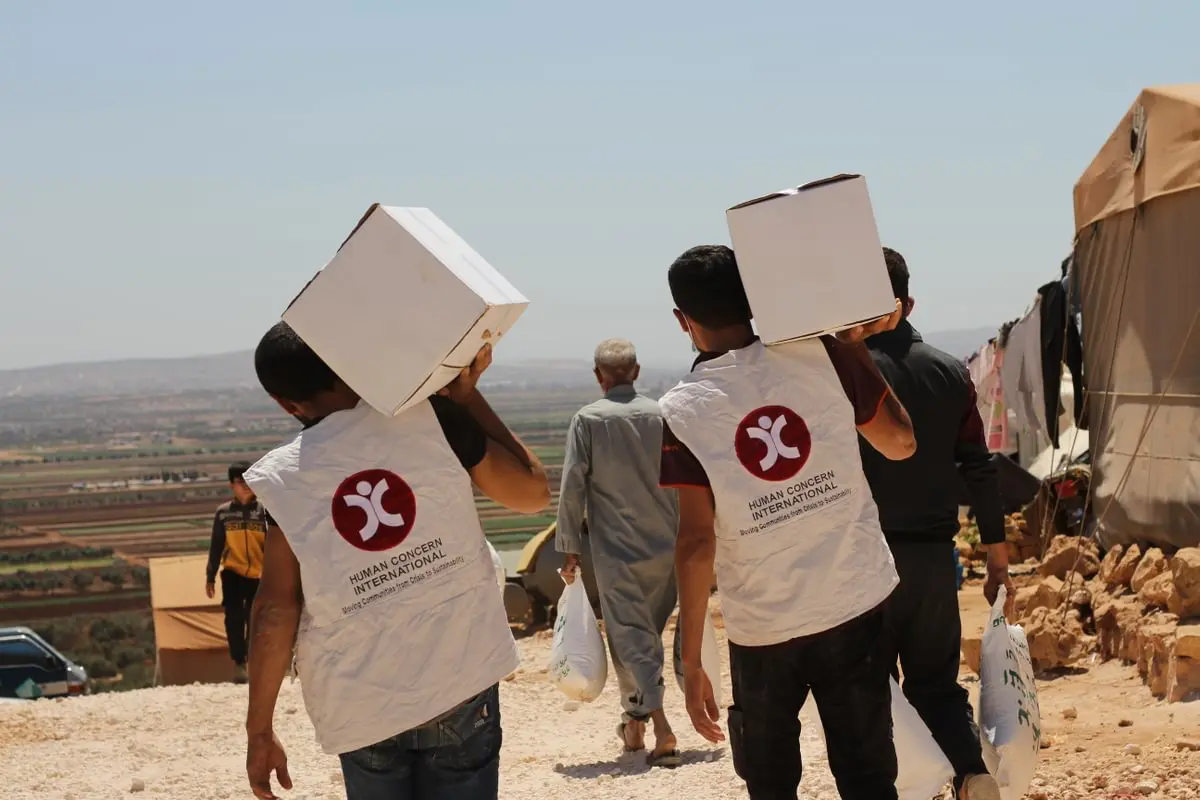
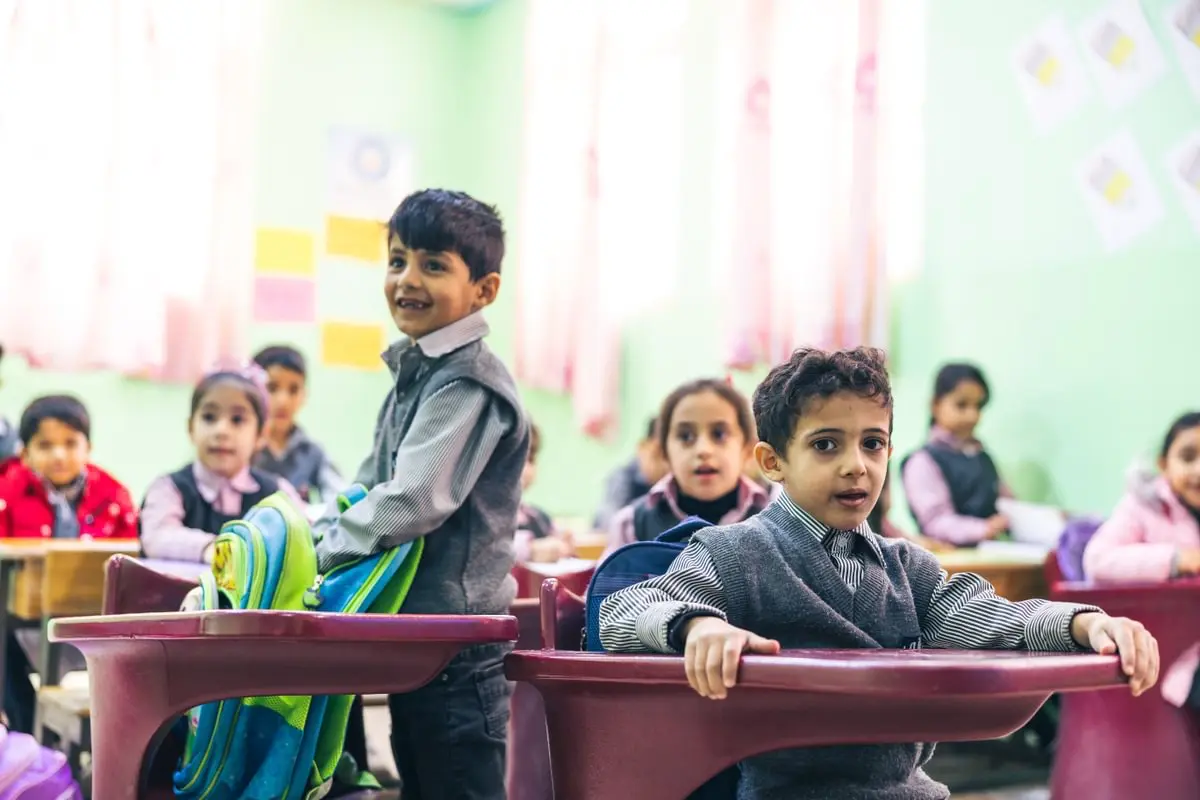
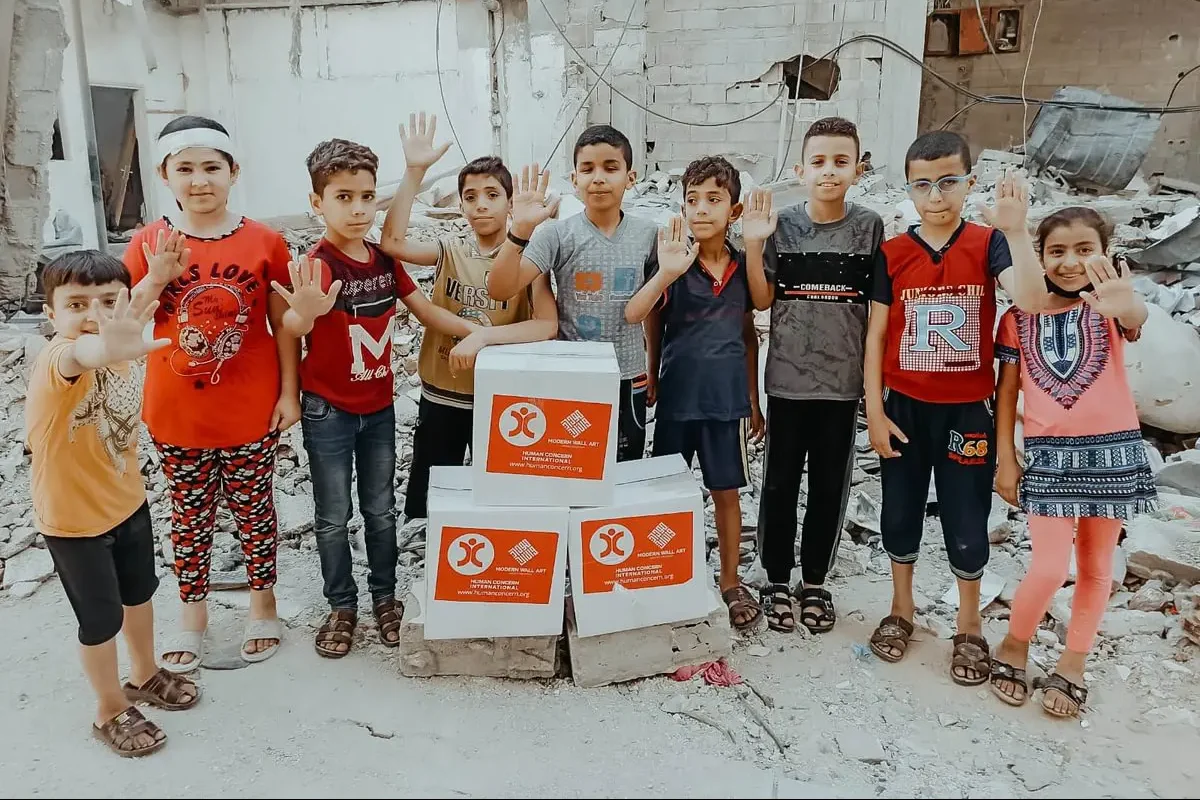
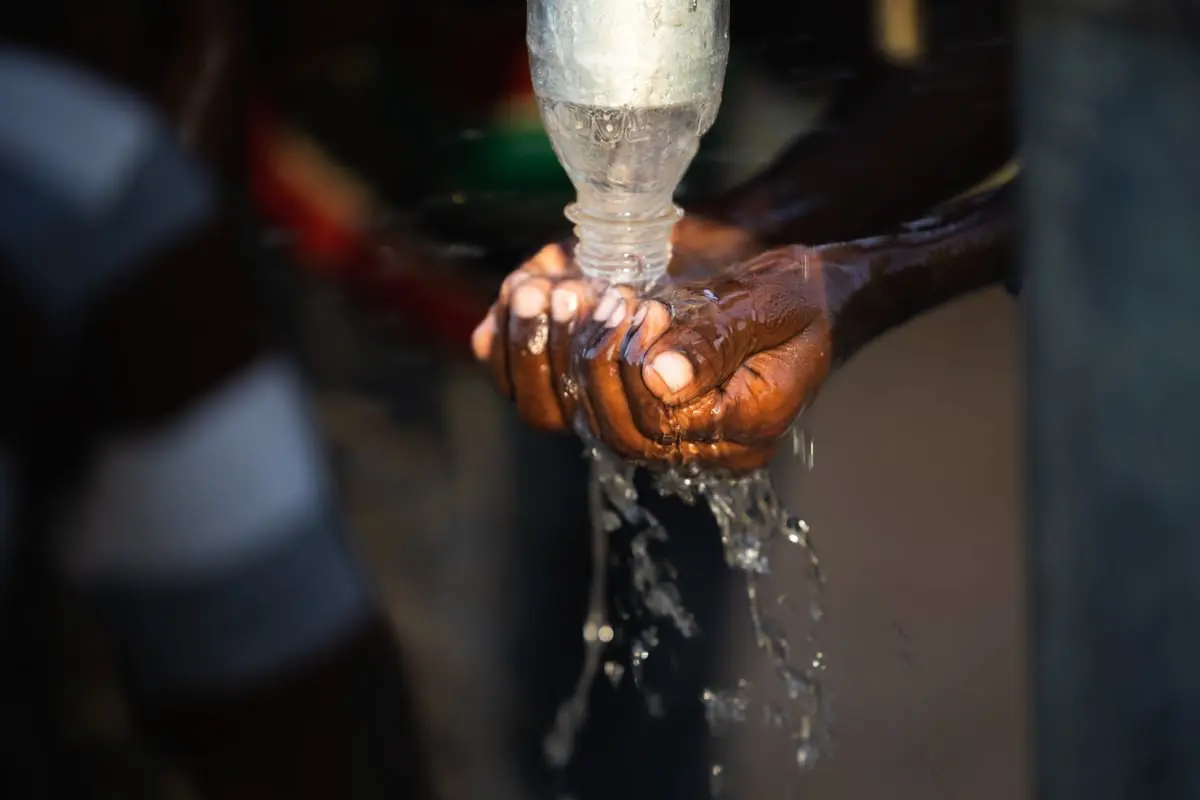
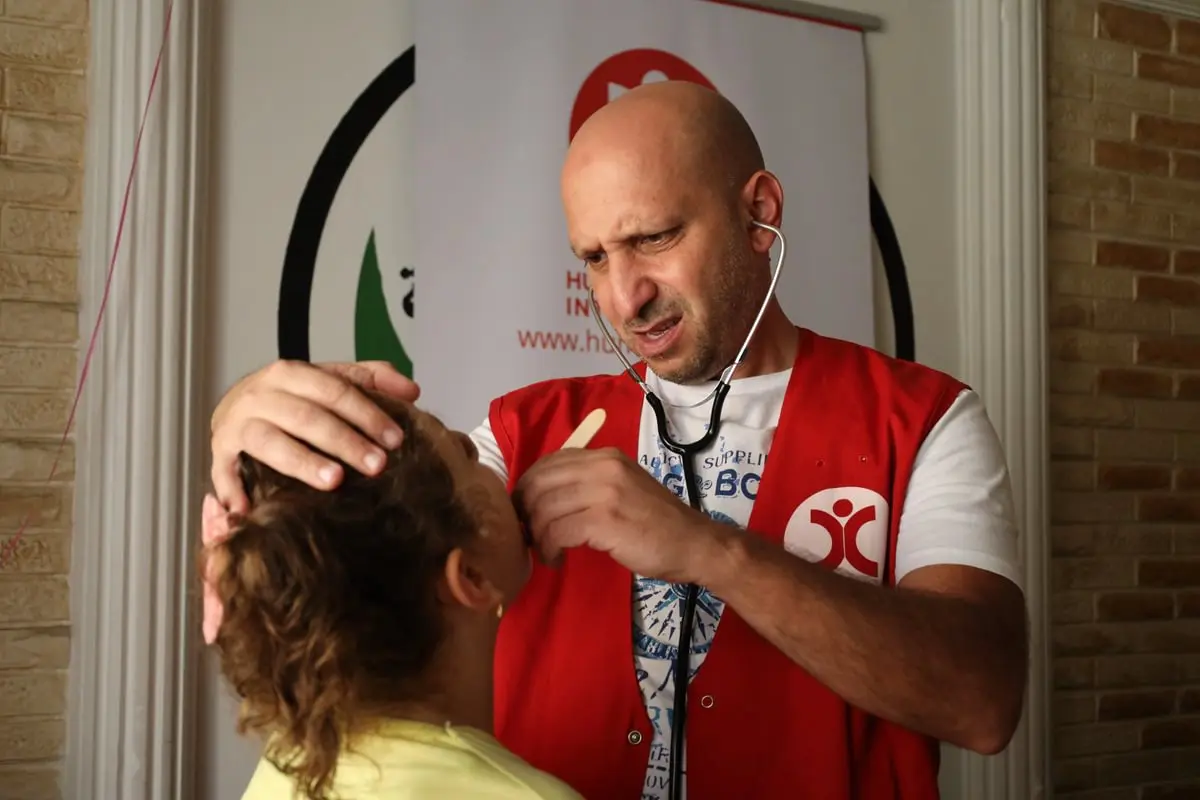
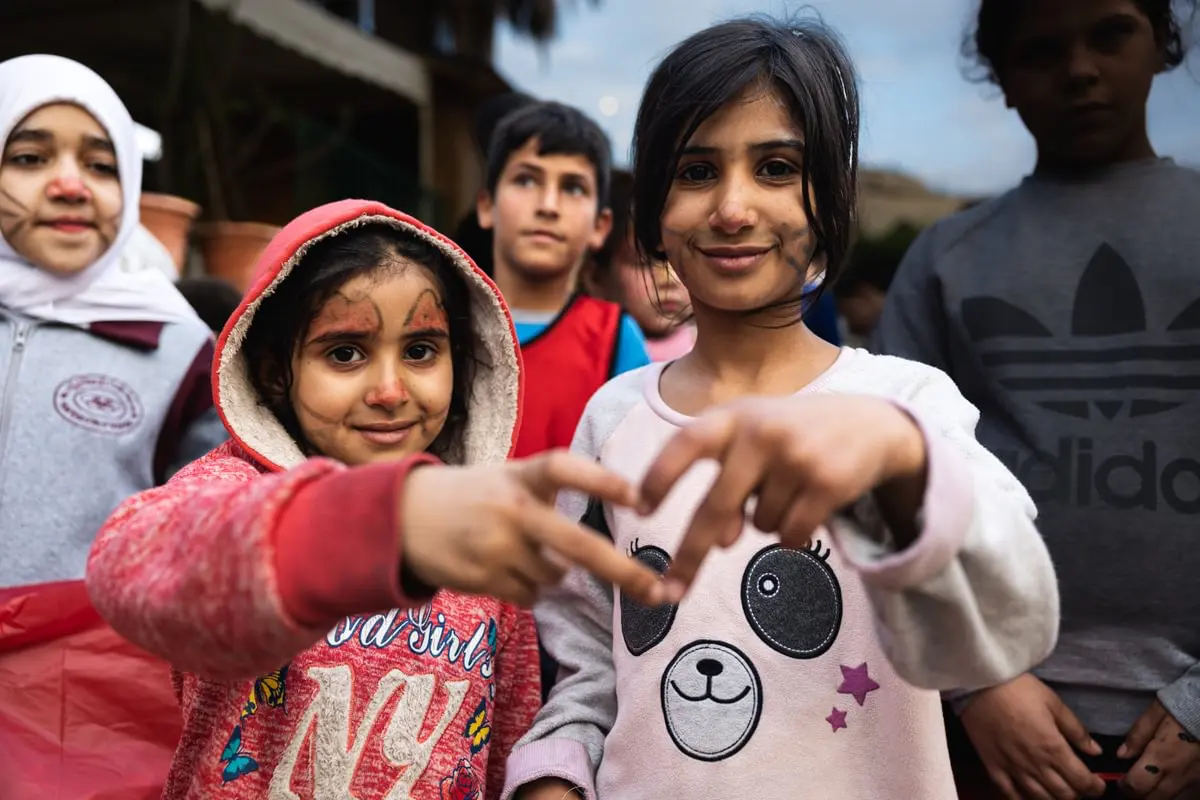
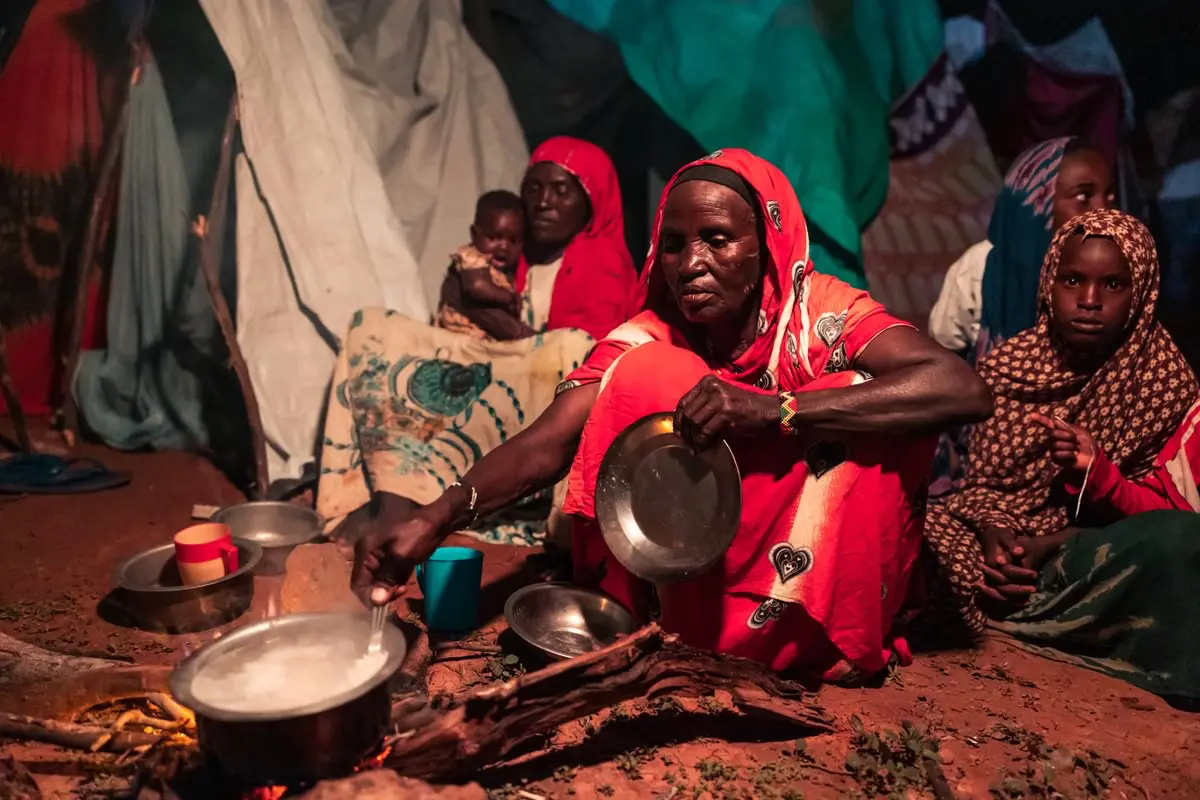
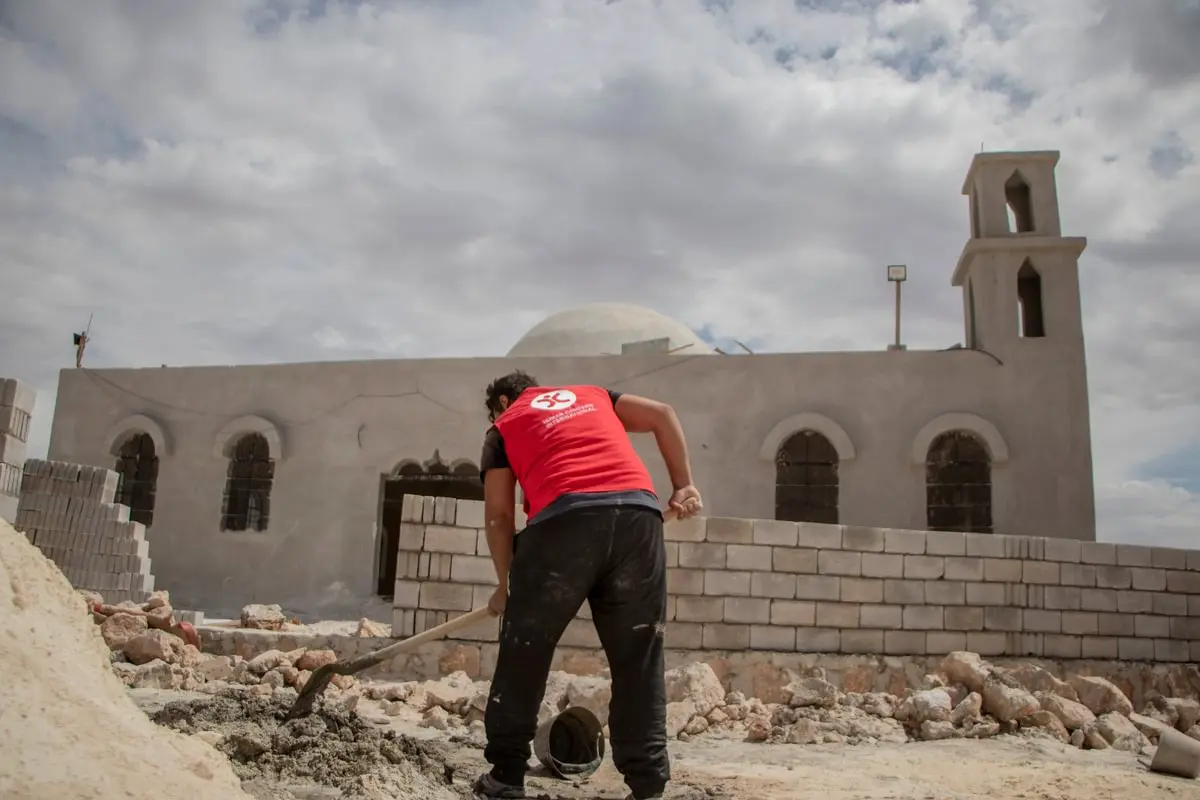
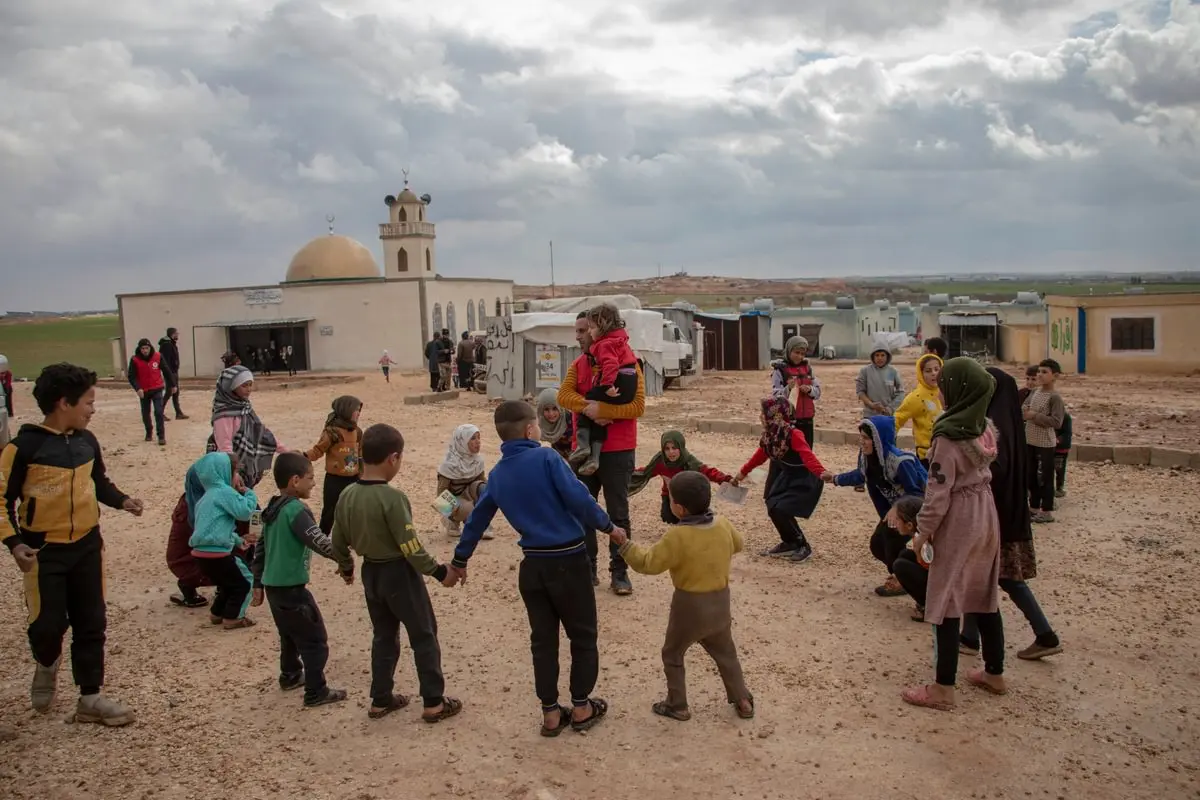
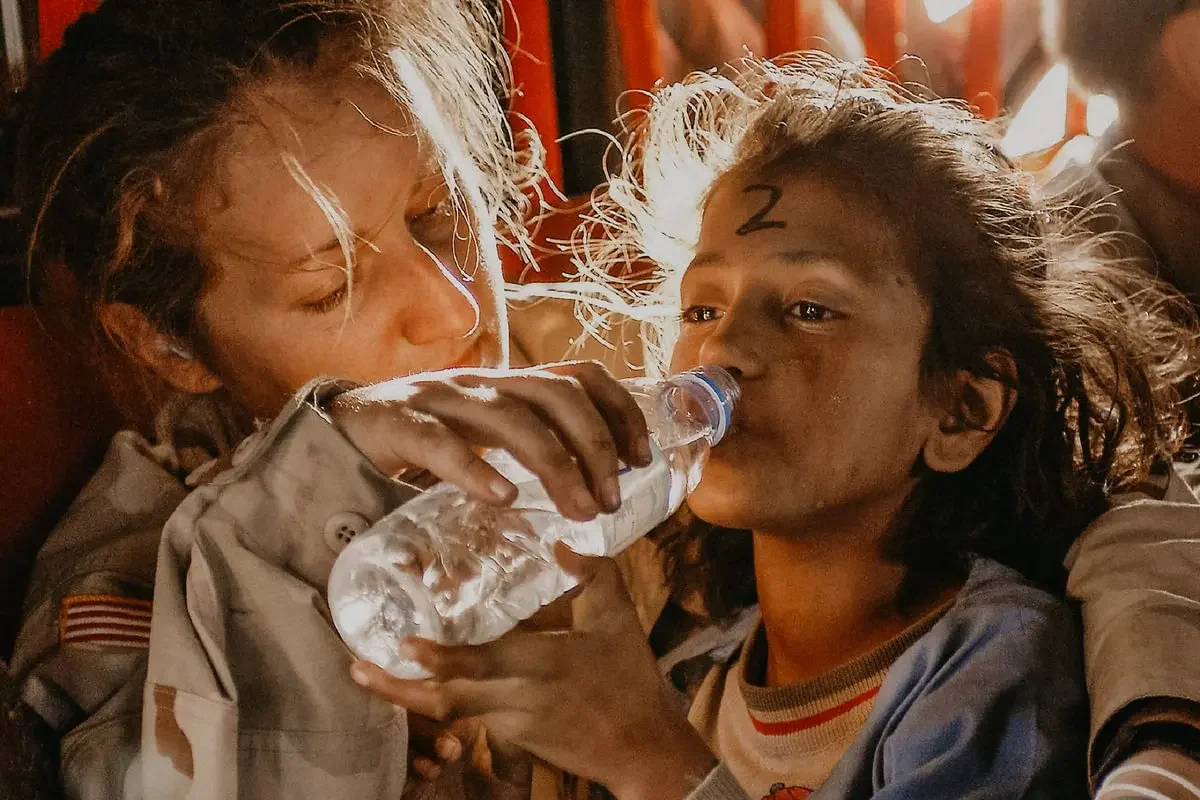
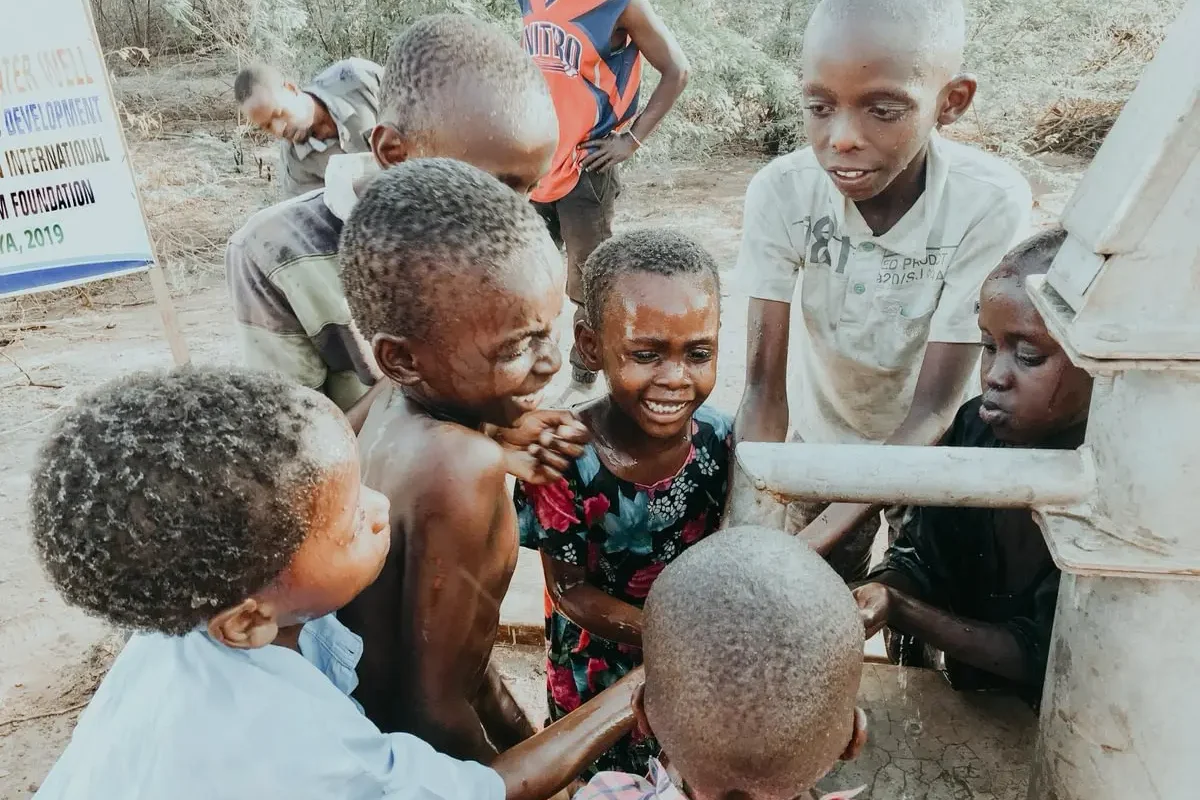
Human Concern International is the oldest Muslim relief organization in Canada, fighting poverty for over 45 years.
We are a registered charity with the CRA. Charitable Registration No. 107497125 RR 0001